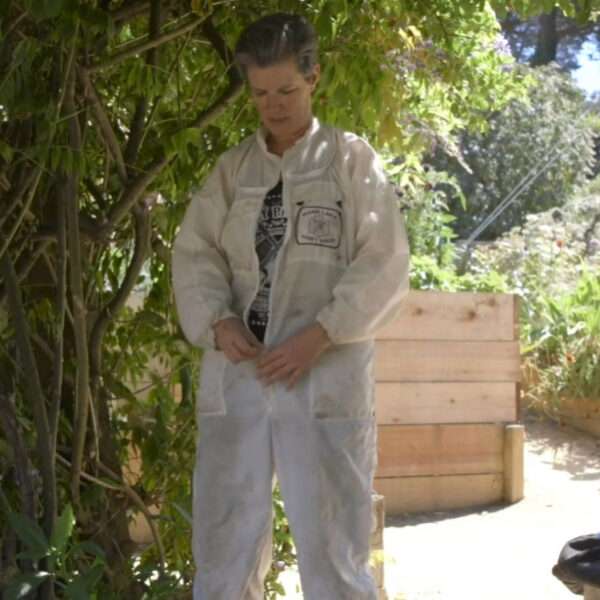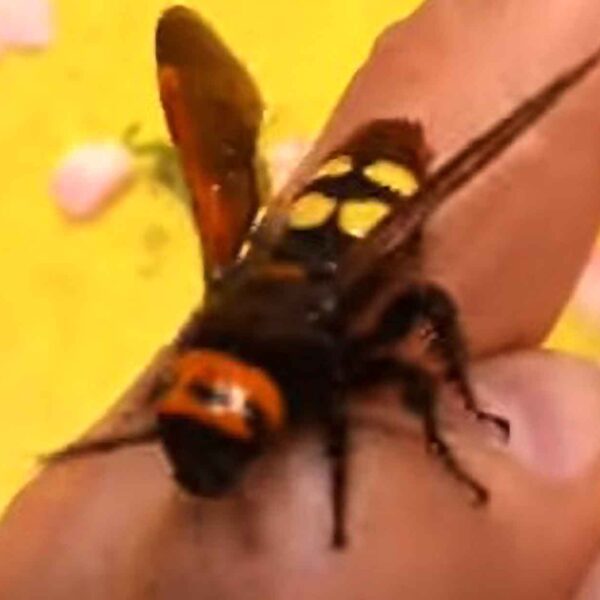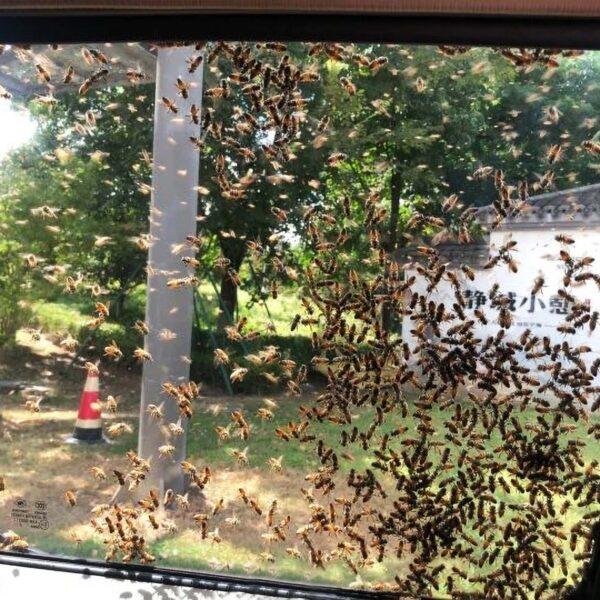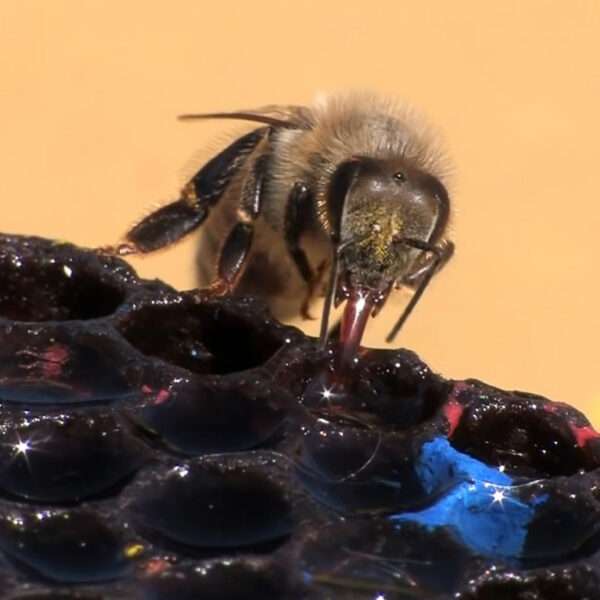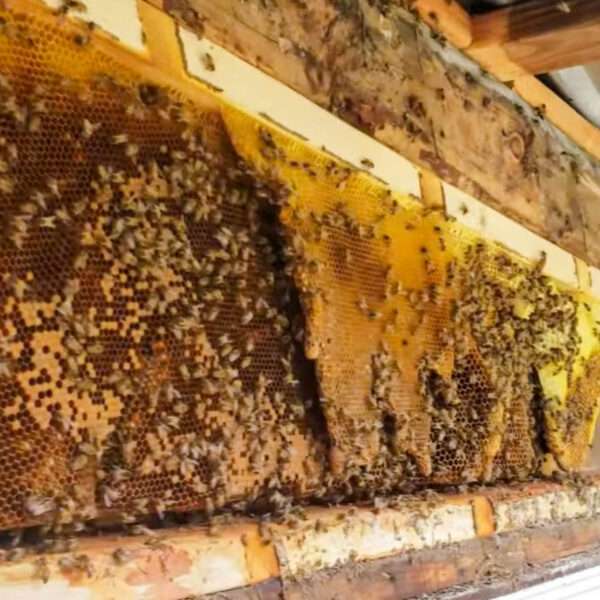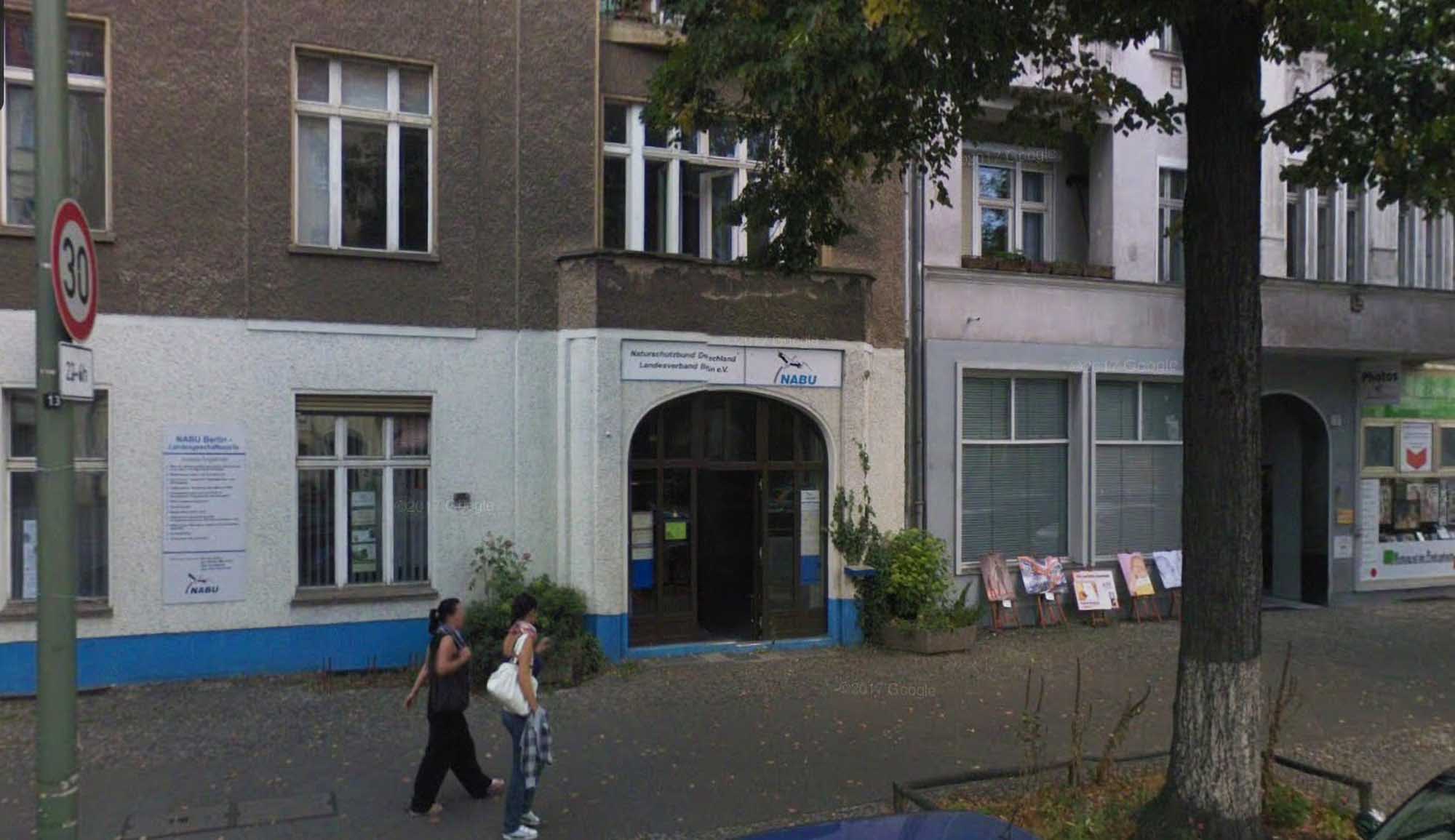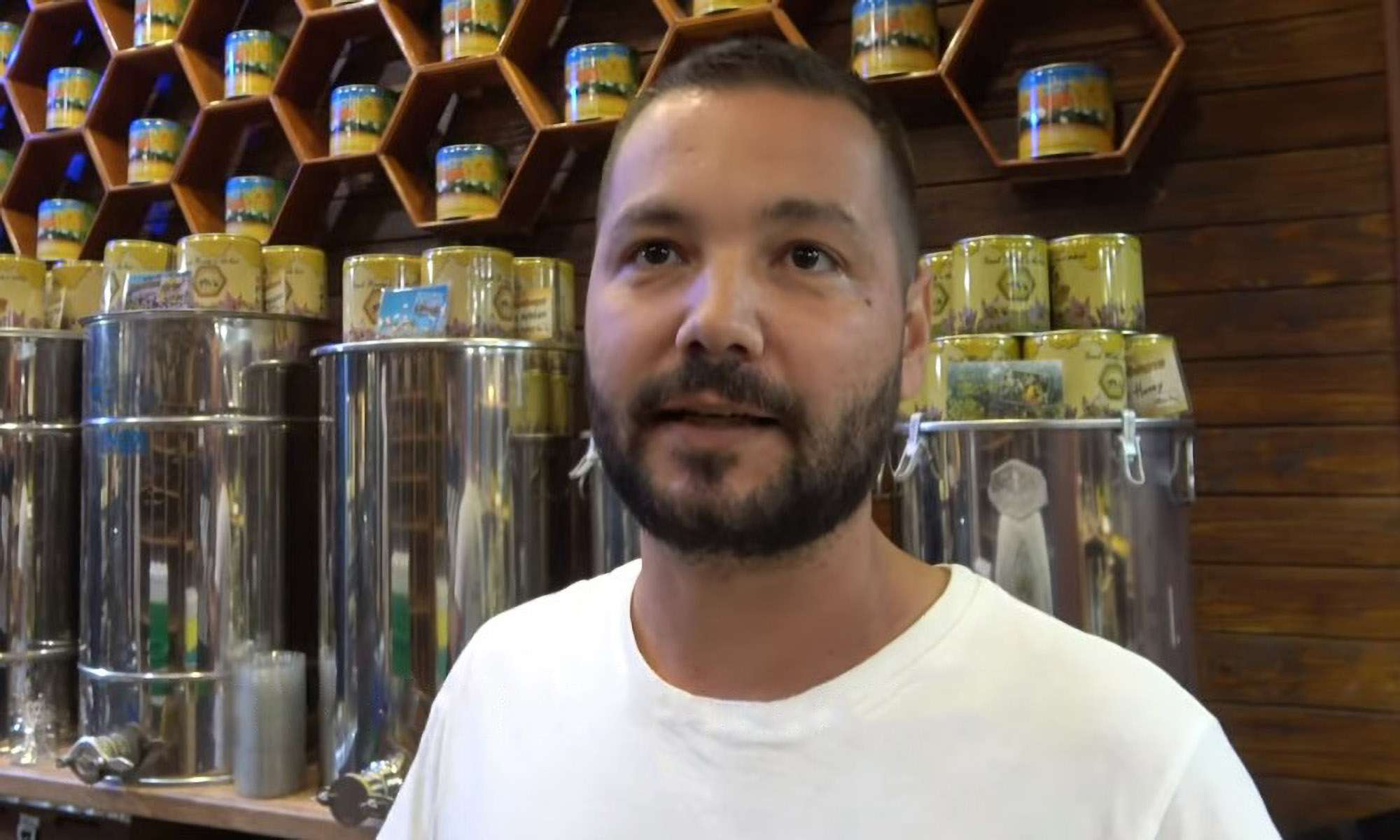German scientists have found 34 different types of pesticide in tests in bee pollen that is billed as a health supplement for humans.
The pollen which is gathered by the bees is the primary food source for the hive. It is also known as bee bread, or Ambrosia, and is kept in cells where it is mixed with saliva and sealed with honey. It is also occasionally harvested for humans as a health supplement.
It has long been rumoured that a potential side effect of eating the pollen might be the risk of contamination by pesticides and pregnant women are advised not to use it, and now the dangers appear to have been confirmed according to the latest study.
The research carried out by the team at the University of Hohenheim in Stuttgart involves taking tests from all over the country, and they found that in the worst case in one sample from the town of Ingelheimer in the state of Rheinland-Palatinate there were 34 different types of pesticide.
Franz Botens from the local beekeepers Association warned: “Even when individual pesticides might be limited in their effect the combined effect of all these different pesticides together could have far-reaching consequences. With 34 different chemicals, no one can now what such a cocktail might do.”
Botens added: “The bee pollen is the food for the entire hive, and not just the honeybees, but also for wild bees and for bumblebees.
They found that of the 203 samples taken countrywide they contained on average 7.9 pesticides.
In the sample that was particularly high, there were 20 different fungicides, as well as chemicals used for protection against fungal diseases and nine insecticides, including some chemicals against insects that are regarded as likely to damage crops.
The team noticed that in the agricultural area around the town, there are lots of vineyards as well as many fruit and vegetable producing farms packed in a tight area. They added that a large variety of different agricultural products in a relatively tight area was responsible for the many different types of chemicals that were being used.
T4/CEN



